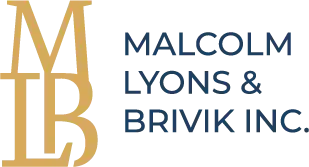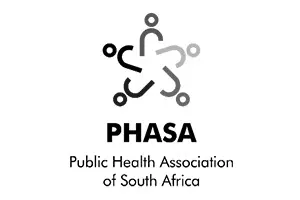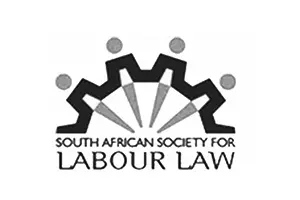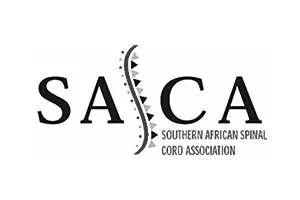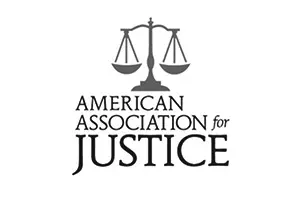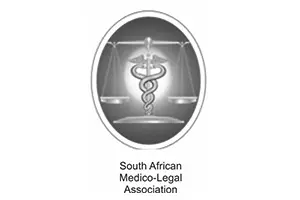Frequently Asked Questions
At Malcolm Lyons & Brivik Inc., we regularly receive questions from clients about legal services and processes. Below are some common questions answered to provide you with insight into how we can assist.
Yes, you can change attorneys at any time. Many law firms, including ours, handle cases on a “no win, no fee” basis. This means we recover our fees only after your case is resolved. If you’re dissatisfied with your current legal representation, we can help you make the switch seamlessly.
One can approach a different attorney with an instruction to take the matter over. The new attorney will provide a letter of undertaking to your old attorney advising them that on finalization of the matter their reasonable fees and disbursements will be paid from the nett proceeds of the claim. Acceptance of this letter of undertaking is at your old attorney’s discretion.
In this way, you, as the client, ensure that any fees which are due and payable to the previous attorney are paid and no debt remains.
Why would you change attorneys before proceedings are finalized?
Clients may question whether the matter has been dealt with properly or promptly particularly in one of the following situations:-
- There is a lengthy delay in getting the matter resolved;
- There is poor communication between the attorney and the client;
- Where the attorneys provide little or no input or updates to the client; and
- There is a breach of trust or a breakdown in communication
Remember, any settlement which is made with the Defendant, be it in a motor vehicle accident claim or against an insurer, is binding and it is extremely difficult to revisit these settlement agreements once concluded.
At Malcolm Lyons & Brivik Inc., we primarily operate on a no-win, no-fee basis, meaning you owe us nothing unless there is a financial recovery. For certain labour law matters, we may charge an initial consultation fee to assess the case merits and provide immediate advice.
If your case has merit, we will advance the necessary costs, including disbursements and expert fees. These expenses will be repaid only if there is a successful monetary recovery from your claim.
Our legal experts carefully review each case to determine its merit. We accept cases where we can offer valuable legal assistance. If we are unable to help, we may refer you to other specialised lawyers who can take your case forward.
Each case is unique, and we evaluate its value based on various factors such as injuries, damages, and potential compensation. Although we strive to secure the best possible outcome, there is no guarantee of financial recovery. Our team uses extensive experience to estimate fair compensation for your claim.
Yes, we can. Our attorneys are licensed to practice in several countries. If you are in a country where we are not licensed, we collaborate with trusted law firms abroad to handle your case under our guidance.
An experienced attorney from Malcolm Lyons & Brivik Inc. will manage your case, supported by administrative staff. You will be informed of your attorney and their assistant’s contact details immediately after your consultation.
Yes, we prioritise keeping clients fully updated throughout the legal process. You can also reach out to your legal team anytime for case updates or questions.
The time it takes for a case to go to trial depends on court schedules. Once a trial date is set, we will give you an estimated timeline for how long the process may take, including the expected conclusion.
Yes, if your case goes to trial, your presence is required in court for all proceedings.
Your attorney will guide you through all court procedures and help you understand what to expect during the trial.
No, your case will only be settled with your full consent and participation. If settlement negotiations occur, you will be involved in every step, ensuring your approval before any agreements are finalised.
Typically, once a case is settled, it takes 45-60 days to process the necessary legal documents. In some instances, the process may take longer depending on the circumstances of the case.
In South African law, claims must be filed within 3 years of the incident. To stop a claim from being prescribed, summons must be issued by the High Court. We will handle all legal procedures, including investigating your claim and obtaining expert opinions if necessary.
When preparing a claim, we evaluate liability (whether there was negligent conduct) and quantum (the extent of the damages). We consider the severity of the injury and the resulting impact to determine whether the claim justifies legal action. Depending on the case, we may file the claim in either the High Court or Magistrates Court.
